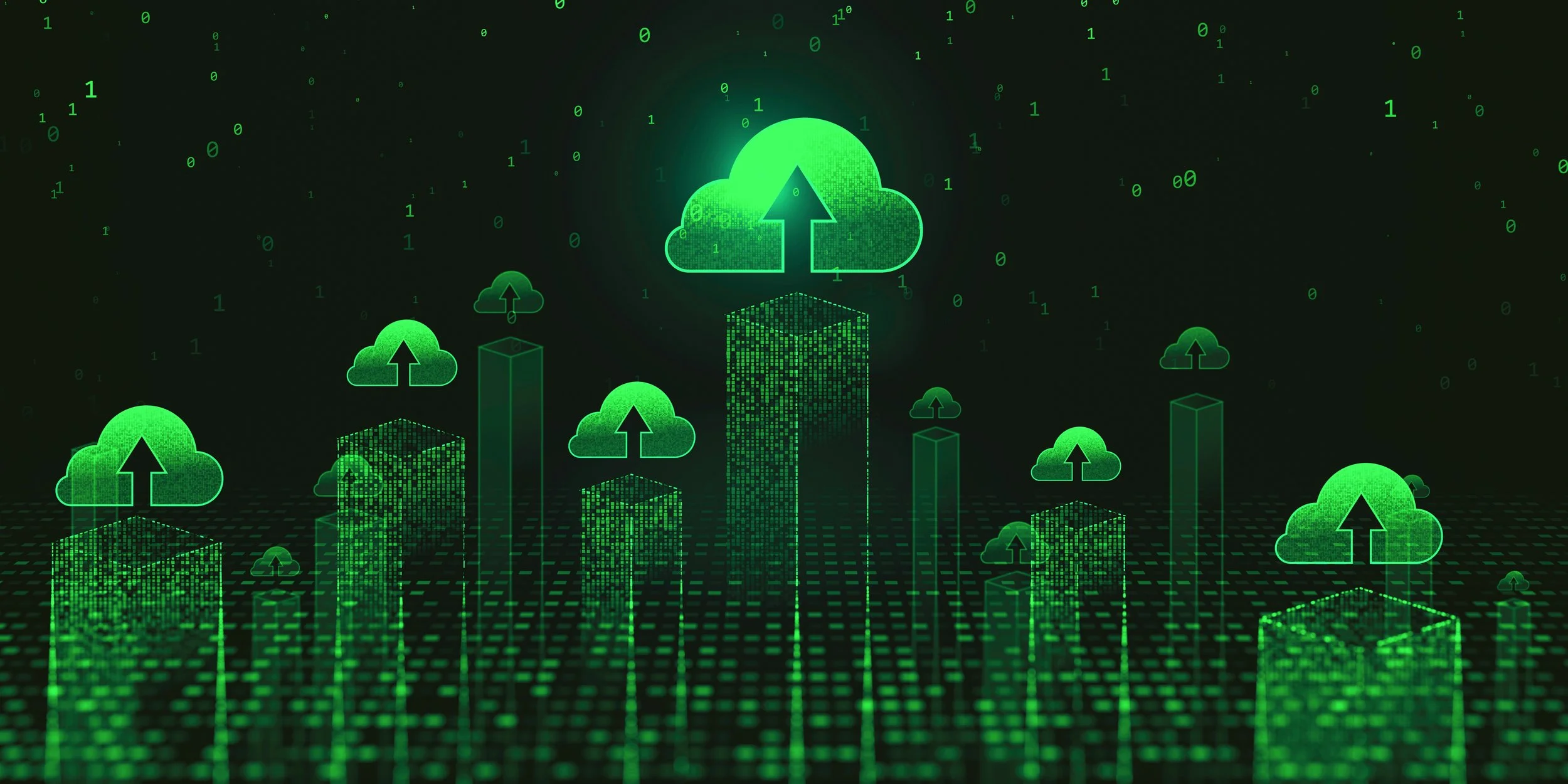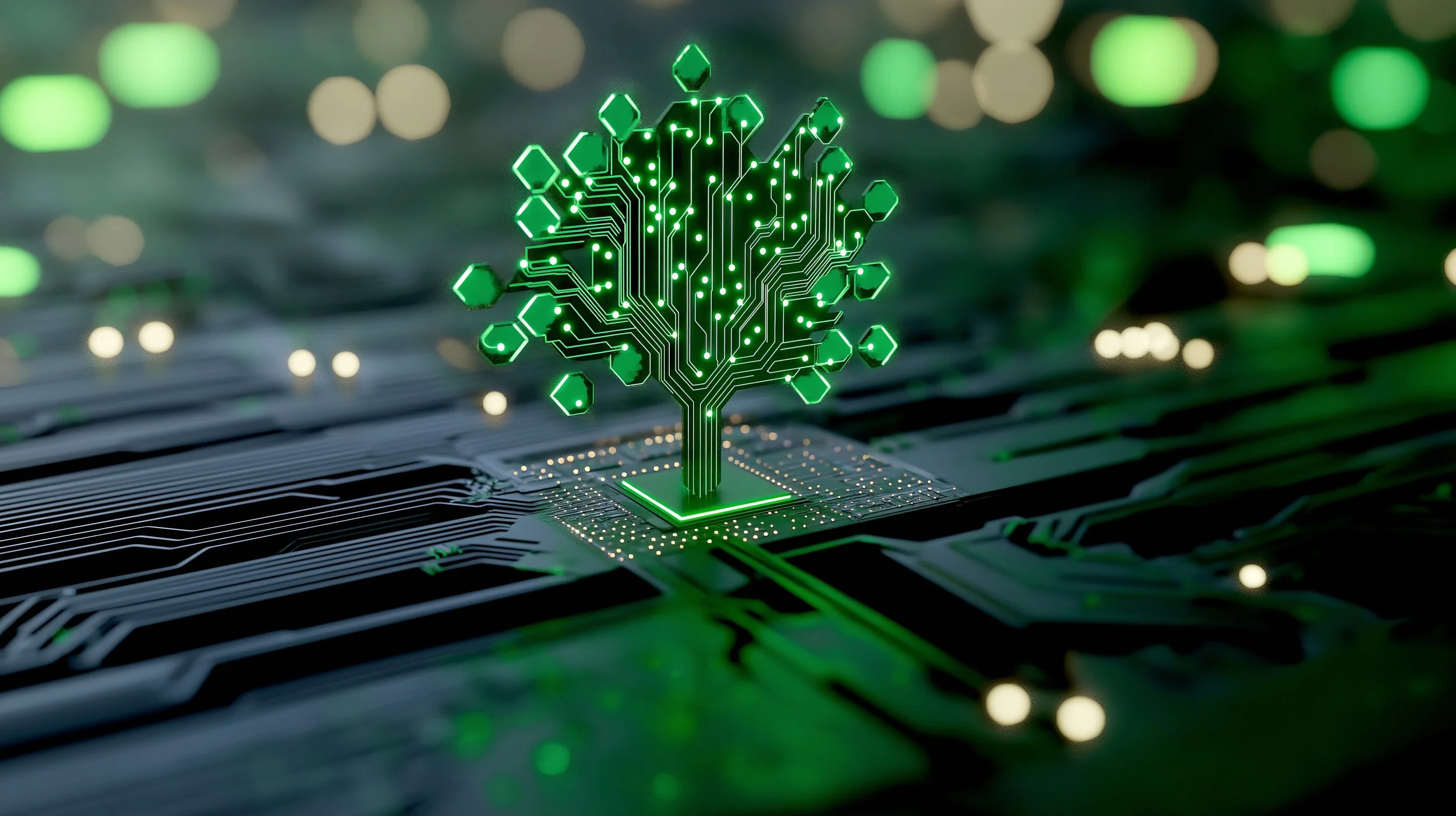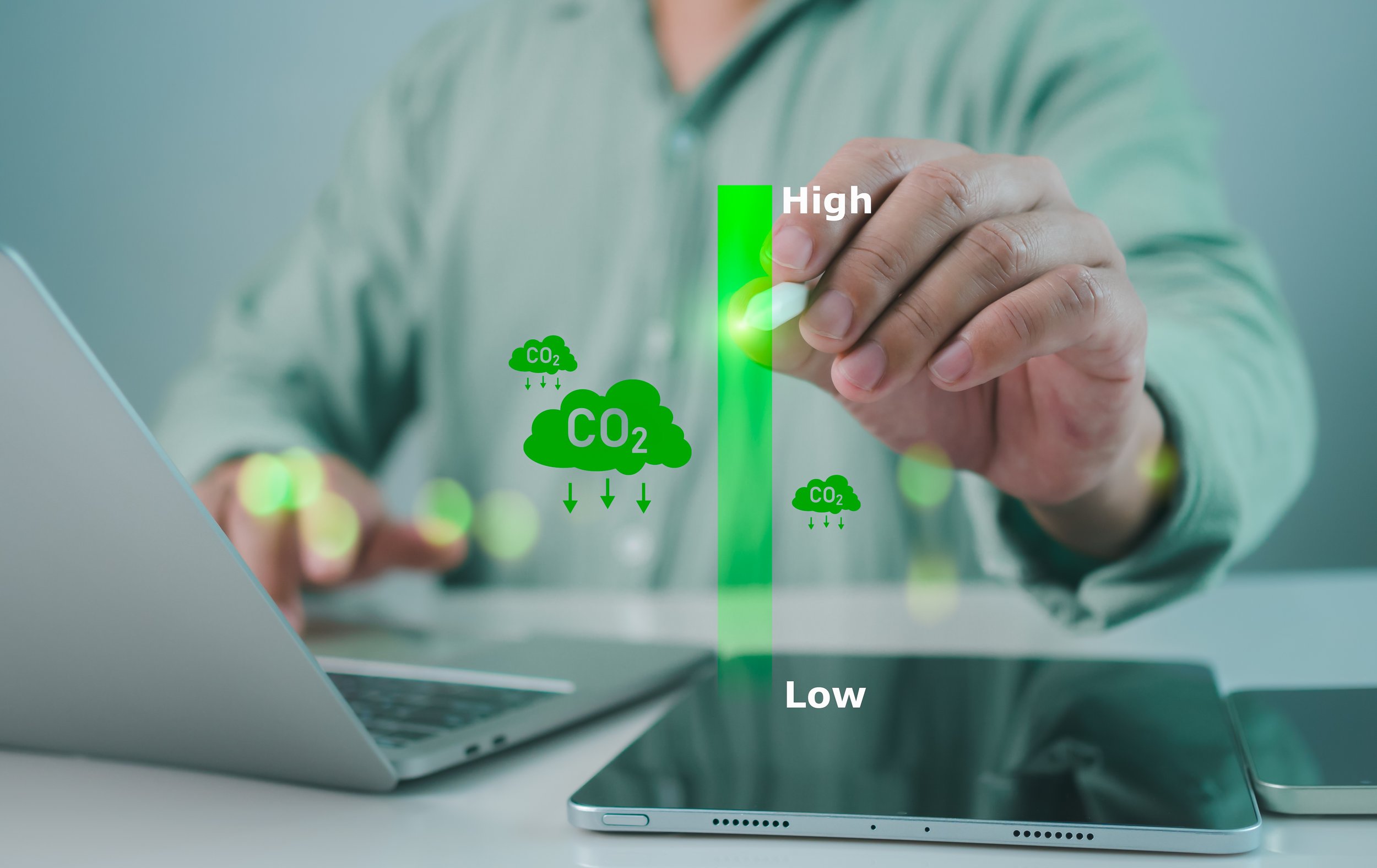
TechNews
Latest updates and insights on tech.
AI Co-Design in Architecture
This article explores how generative design is reshaping architecture and engineering by allowing algorithms to act as creative collaborators. From optimizing building layouts to engineering lightweight structures, generative tools accelerate design innovation by exploring vast possibilities at speed. With humans defining goals and machines generating options, this partnership is transforming the way we imagine and construct the built world.
2025 Renewable Energy Tech
This article explores how smart grids and energy storage are enabling the global renewable energy transition in 2025. With real-time control, intelligent forecasting, and scalable battery solutions, these technologies are modernizing energy infrastructure and solving the challenges of intermittent power. From smart meters to grid-scale storage, they’re driving reliability, sustainability, and innovation in the clean energy era.
Sustainable Electronics Innovation
This article explores how circular design is reshaping the tech industry by promoting repairable, reusable, and recyclable electronics. From modular smartphones and recycled materials to evolving Right to Repair laws and smarter recycling systems, the circular tech economy offers a powerful solution to the rising crisis of electronic waste. With collaboration across consumers, companies, and policymakers, this sustainable model is helping build a future where devices last longer, waste less, and keep valuable resources in use.
Sustainable AI: Designing Environmentally Friendly Algorithms
This article explores how developers and organizations are addressing the environmental impact of artificial intelligence by designing more efficient algorithms, using clean infrastructure, and adopting greener development practices. It highlights the growing importance of sustainable AI in reducing carbon emissions while enabling responsible innovation in the digital age.
Green Cloud Technology
This article explores how green cloud computing is transforming the environmental impact of digital infrastructure. It highlights the role of renewable energy, efficient technologies, and workload optimization in reducing carbon emissions while maintaining cloud performance. As sustainability becomes central to IT strategy, the cloud is evolving into a cleaner, greener force for digital innovation.
Innovations in Green Power
The future of renewable energy is being shaped by significant innovations in solar and wind power, positioning these sources as key players in the global transition to clean energy. Technological advancements in solar panel materials, wind turbine design, and energy storage are making these energy sources more efficient, affordable, and scalable. Breakthroughs such as perovskite solar cells, direct-drive wind turbines, and smart grids are driving progress in renewable energy, helping to address the challenges of energy storage and distribution. As governments and businesses invest in clean energy solutions, solar and wind power will continue to play a crucial role in creating a sustainable and resilient global energy system.
Investing in Green Tech
Investing in green technology is not just a choice but a strategic move for businesses aiming for long-term success. Green tech offers significant advantages, including cost savings through energy efficiency, enhanced brand reputation, and compliance with government regulations. By embracing renewable energy, sustainable practices, and innovative solutions, companies can optimize operations, appeal to eco-conscious consumers, and access new markets. Moreover, integrating green technology helps businesses remain competitive while contributing to environmental sustainability, ensuring their long-term viability in an increasingly eco-aware world.
Sustainable Cities with AIoT
AI and IoT are pivotal technologies transforming urban spaces into smart, sustainable cities. From intelligent energy usage and waste management to water conservation and smart transportation, these tools enable real-time data analysis and automated decision-making. As urbanization continues to strain resources, AI and IoT empower cities to forecast demand, reduce waste, and optimize systems across infrastructure, utilities, and mobility.
AI & Climate Insights
AI is revolutionizing weather prediction and climate analysis, offering a powerful tool for enhancing forecasting accuracy and addressing the growing challenges of climate change. By leveraging machine learning, big data analytics, and advanced algorithms, AI is transforming how meteorologists and climate scientists process and interpret complex datasets. This article explores the diverse applications of AI in predicting extreme weather events, identifying climate trends, and providing data-driven insights to support climate adaptation strategies. As AI continues to evolve, its impact on climate science and environmental policy will become even more critical in addressing the urgent need for sustainable solutions.
Future of Wireless Energy
Wireless energy transfer (WET) technology is redefining power delivery across electronics, EVs, and industrial systems. This analysis examines current capabilities, explores applications in wearables and automation, and addresses the challenges of adoption. As WET matures, it promises environmental and economic benefits—from reduced e-waste to optimized infrastructure—ushering in a cord-free era.
Smart Farming Technology
While IoT sensors, AI analytics, and drone technology offer transformative potential for precision agriculture, their adoption faces significant hurdles. High implementation costs and rural connectivity gaps create disparities in access. Strategic public-private partnerships and modular technology rollouts may help bridge these gaps, enabling farmers to achieve 20-30% resource savings through targeted irrigation and pest management.
IoT for Smarter Cities
IoT networks revolutionize urban management through real-time monitoring of traffic, energy use, and waste systems. Sensor-generated data enables cities to optimize resource allocation and enhance public services, while also addressing challenges in data security and infrastructure costs. The technology's predictive capabilities allow for proactive maintenance and more efficient urban planning.
Blockchain in Supply Chains
Blockchain technology transforms supply chain management by creating immutable, decentralized records that enhance traceability from origin to consumer. This innovation enables the real-time tracking of goods while verifying ethical sourcing and production standards, empowering both businesses and customers with unprecedented visibility.
Tech in Urban Foodscapes
Modern urban farming integrates cutting-edge technology to transform rooftops, vertical spaces, and unused urban areas into productive agricultural hubs. These innovative solutions address food security challenges while reducing environmental impact through localized production and resource-efficient growing systems.
Tech in Waste Management
Technology is reshaping waste management by making it smarter, more efficient, and environmentally friendly. This study examines innovations such as smart waste collection systems, advanced recycling methods, waste-to-energy solutions, and the use of data analytics and IoT devices. Together, these advancements are transforming how waste is tracked, processed, and repurposed, contributing to more sustainable urban and industrial environments.
Advancements in Hydroponics
Hydroponic farming is undergoing a transformation through innovative technologies that are reshaping the field of soilless agriculture. This study focuses on the farmer’s perspective, highlighting how new tools and systems provide greater control, improved efficiency, and more sustainable practices. These advancements point to a promising future for food production, where technology and human insight work hand in hand.
Eco-friendly Branding
Integrating eco-friendly practices into a brand's identity is becoming a key strategy for strengthening its image and fostering consumer loyalty. This study draws on case studies, surveys, and industry reports to uncover effective approaches to green branding. The findings demonstrate that sustainability initiatives not only benefit the environment but also enhance brand equity and foster deeper customer engagement. Practical recommendations are provided for companies looking to embed sustainability into their branding strategies.
IoT: Building Smarter Cities
Rapid urbanization poses significant challenges in managing resources, infrastructure, and citizen well-being. The Internet of Things (IoT) emerges as a transformative technology, enabling the creation of smart cities. This article explores the integration of IoT devices in monitoring and managing critical urban infrastructure, focusing on traffic management, waste management, and energy use. We examine how sensor networks, data analytics, and interconnected devices can optimize resource allocation, improve service delivery, and enhance citizen quality of life. Challenges and considerations regarding data privacy, security, and infrastructure investment are also addressed. By harnessing the power of IoT, cities can pave the way for a more sustainable, efficient, and livable future.
Blockchain: Supply Chain Transparency
Modern supply chains are complex networks spanning continents, often needing more transparency and efficiency. Blockchain technology emerges as a transformative solution, offering an immutable and secure ledger system for recording transactions and tracking the movement of goods. This article explores the potential of blockchain to revolutionize supply chains, focusing on how it enhances transparency, traceability, and trust. We examine how blockchain technology streamlines information sharing, facilitates accountability, and empowers consumers with knowledge of product origin and ethical sourcing practices. Challenges and considerations regarding scalability, interoperability, and energy consumption are addressed. By harnessing the power of blockchain, businesses and consumers can collaborate towards building more transparent, efficient, and sustainable supply chains.



















